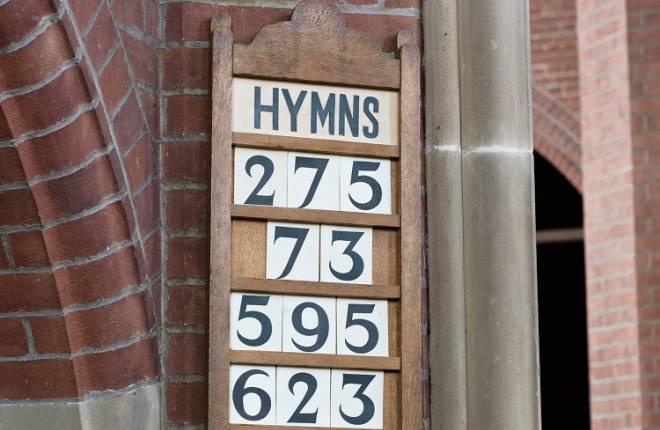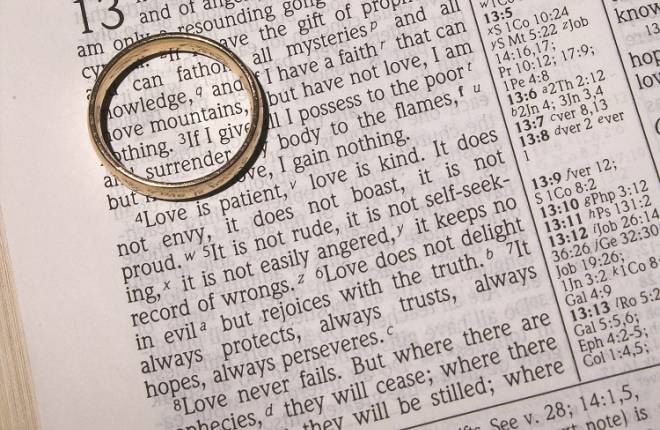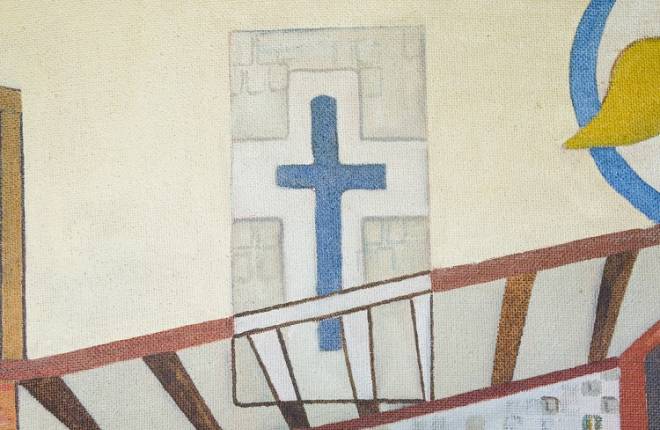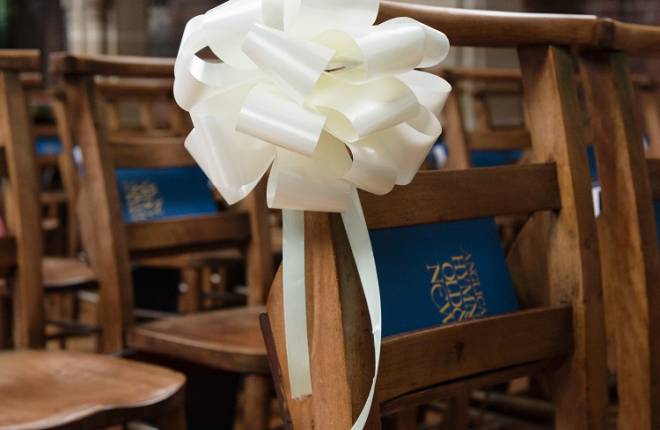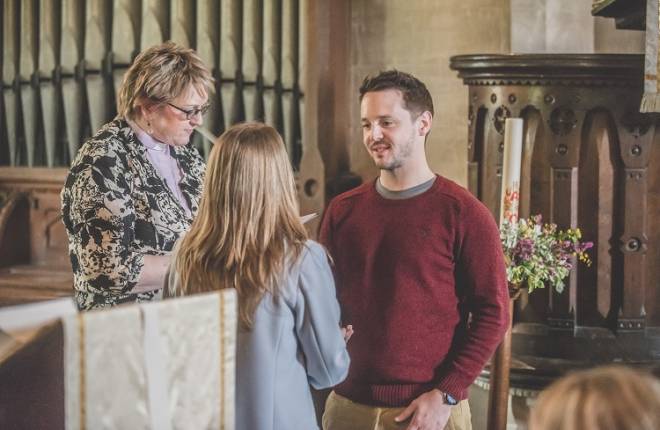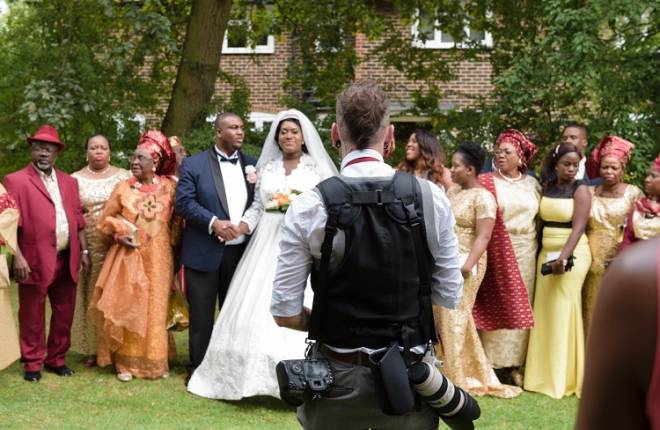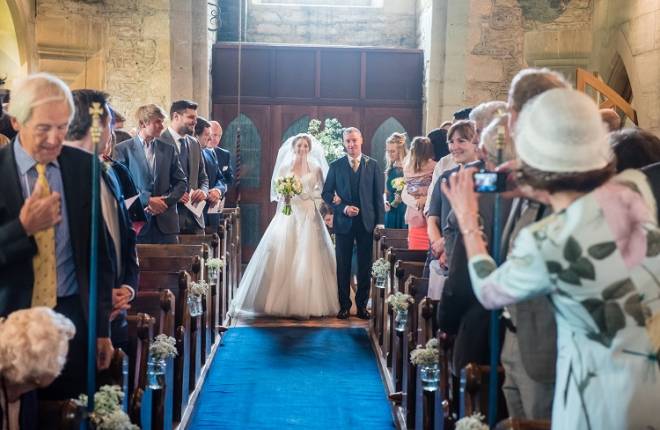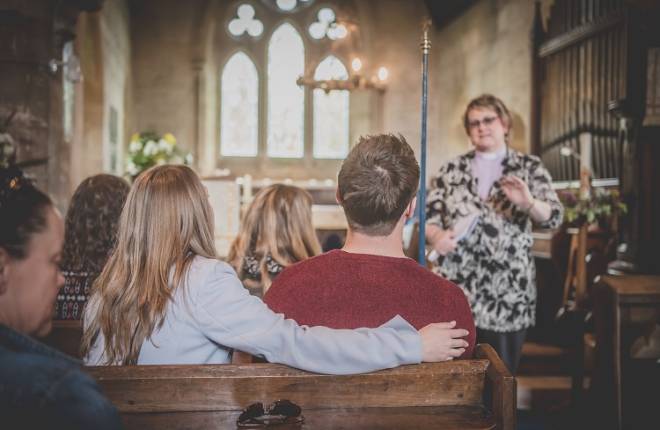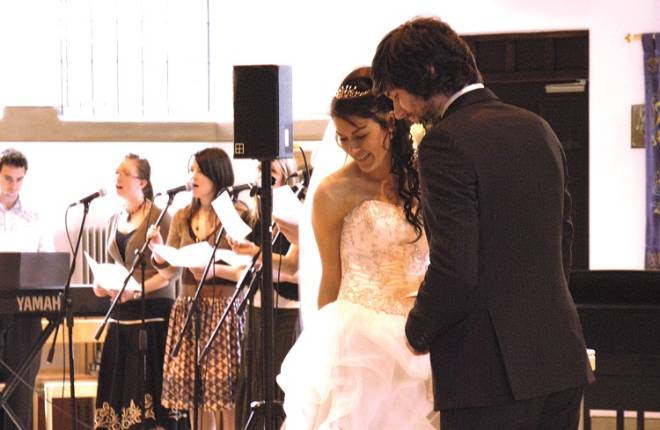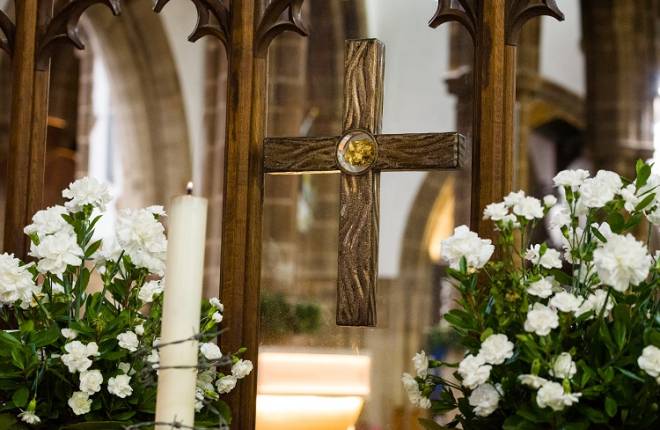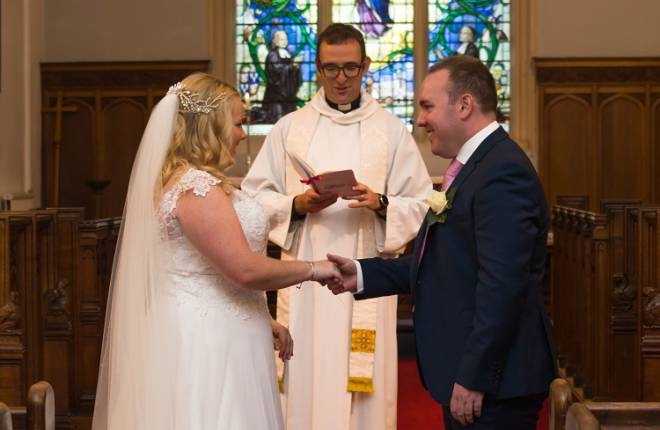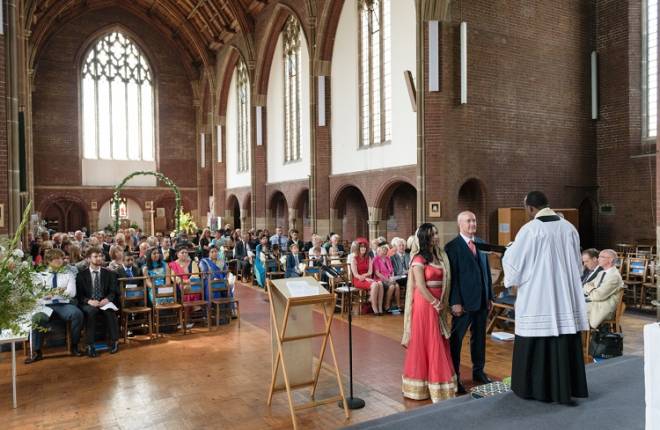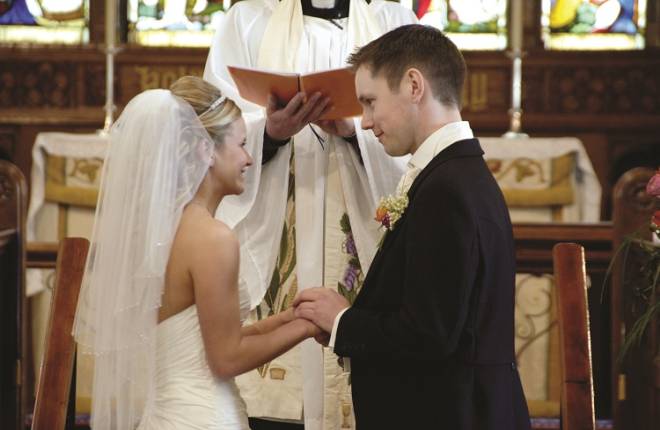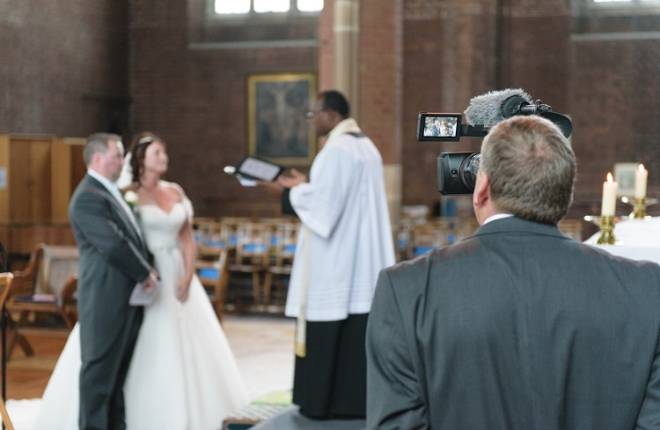As far as possible, the church wants you to hold your wedding on a date that is convenient for you, your guests and the church itself. Each church will vary in what can offer and when, so do check with your church when you book, particularly if you’d like to get married soon. These timings follow a typical pattern and may serve as a general guide.
One-two years ahead
It’s often about 18 – 24 months ahead when couples start planning. The first step is usually booking the reception venue, but make sure you talk to the vicar as well to agree the date so that everything fits together. If you’re not yet sure which church you can get married in, check what your choices are. The Vicar will make arrangements for your first meeting with them so that he or she can get to know you a little and complete the necessary forms.
Now is the time to ask whether you will require a licence to get married. Most people will not – the vicar will advise if this applies to you at your first meeting. The vicar will also explain to you about having to get your banns read, especially if that will be in more than one church.
One year-six months ahead
During the next few months, you will probably pop in to your reception venue a few times. In a similar way, you might take time to go along to the church and find out more about what happens there. If you are creating a connection to the church by attending for six months, this is the time to go along regularly each month. You may not hear from the church until about six to nine months before the wedding – especially if you have booked a long time ahead. But don’t worry, they will be in touch.
This is also the time to consider your ceremony. You have choices in this, which you can discuss with your vicar on subsequent meetings with them. You can choose your hymns, other music and readings. Use our online Ceremony Planner to help. If you are planning to have your wedding filmed, tell your vicar now so they can check out any copyright issues.
Many churches offer you the time and space to think about what marriage entails, the meaning of the marriage vows and understanding the service. These kinds of events, to help prepare you for married life, are not compulsory, but if you do choose to take this up, they are usually offered within the six months preceding the wedding.
Around six months ahead of the wedding might also be a good time to book your flower arranger and bell-ringers if you are having them.
Churches may also contact you during this time to remind you of the dates your banns will be read. If you need your banns read in different churches, now is the time to make sure that has been arranged.
Three months ahead
The majority of marriages require that banns are read out in church for three Sundays during the three months before the wedding. Many couples like to be in the church when their banns are read. The congregation will be praying for you and your marriage, and this can be a reassuring and special experience. It also helps you get to know the church if you are unfamiliar with it.
You might like to review how your ceremony is shaping up and make any final decisions with the vicar at around this time. Also check with photographers that they are aware of the church’s guidelines on photographs. See if you can visit the church together with the photographer and introduce them to the vicar. Coordinating your other wedding suppliers with the church team will help things run as smoothly as possible.
One-two weeks ahead
Most churches will hold a rehearsal for the wedding, which will usually be during the week before the wedding. This will help you relax and ask any final questions about where to stand and so on. It’s ideal if everyone who has a part to play on the day comes along, as it all helps to make the day run smoothly.
If you have produced the Orders of Service yourself, these need to be at the church beforehand. Ask the vicar if you can bring them to the rehearsal and put them in a safe place for vergers or ushers to find them on the day.
This is also the time to make a final check on your flower order. Whatever transport you have booked for getting to your wedding, make sure they are aware of the timings and whether there are any local events happening on the day that might disrupt your journey to church.
The day before
This can be a nerve-wracking time for both bride and groom, so finding time to relax in the evening may help you sleep better. You may find it helpful to light a candle and say the following prayer:
This day has been so long coming, so long planned, so long anticipated,
Help us relax enough to enjoy it.
Help us to concentrate enough to appreciate it.
Be with those who have a special part to play and with everyone as they travel to join us.
May this day be all we have hoped for.
May it be a wonderful start to the rest of our lives.
Amen.
Prayer by Andrew Body from Pocket Prayers for Marriage compiled by Andrew & Pippa Body
The Big Day
When the day finally arrives all that remains is for you to enjoy each moment! Ushers may want to arrive about 45 minutes early to check Orders of Service are in place, or ready to give out as people arrive. If you’re having a verger from the church, they can help with this.
The groom and best man arrive before the bride too. Everyone (except the bride, her father or the person walking her down the aisle, bridesmaids and/or page boy if you have them), should be seated and ready about 10-15 minutes before the service is due to start. The vicar may have a couple of brief notices to read at this point.
When you walk into your beautiful church to make this great commitment, know that God’s love and our prayers are with you. Relax and enjoy your day!


